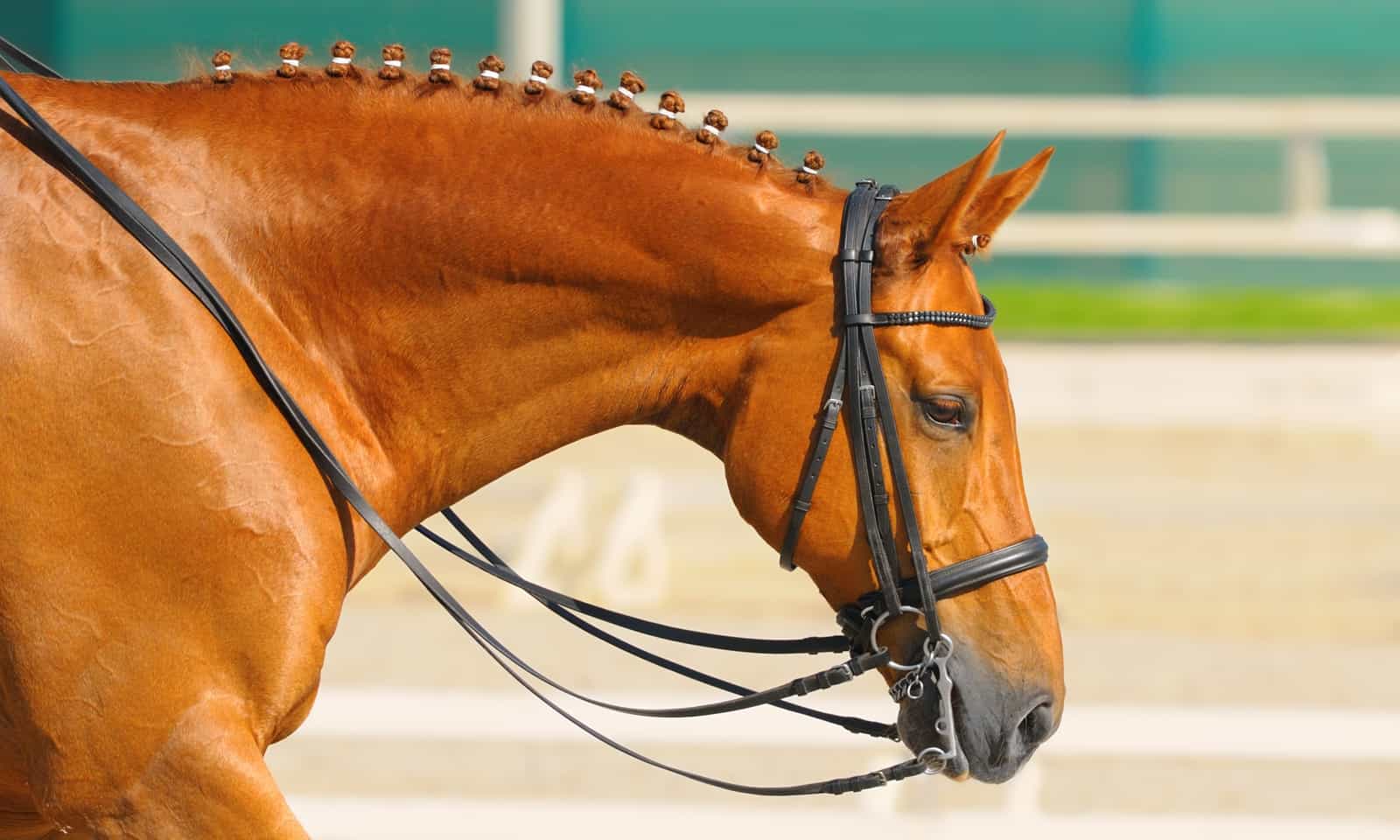When talking about horse equipment, one essential component that stands out is the bit. Amongst all horse gear, the bit plays a crucial role in equine comfort and communication. It becomes imperative to ask, what is the softest bit for a horse? This fundamental question is what we aim to address in this in-depth article.
A soft bit for horses is not just about material but encompasses design and function. It is what ensures effective yet gentle control, enhancing both the ride and the horse’s well-being. To comprehend the nuances of choosing the right bit, let’s delve deeper into the dynamics of the softest bits designed for horses.

The Importance of Choosing the Right Bit
The right bit alleviates unnecessary pressure and ensures a harmonious connection between horse and rider. A horse’s mood, behavior, and responsiveness during rides can greatly depend on how comfortable its bit is. Making an informed choice ensures that the horse enjoys the ride as much as you do.
Understanding the Anatomy of a Bit
Before choosing the softest bit for your horse, it’s vital to understand what makes up a bit. The main components include:
- Mouthpiece: The part of the bit that goes inside the horse’s mouth.
- Rings or Cheeks: Help in attaching the bit to the bridle.
- Shanks (in some bits): Often found in curb bits, they apply pressure to different parts of the horse’s head.
Types of Bit Materials
The material can greatly influence the softness of a bit. Here are some common materials:
- Rubber: Soft but bulky, suitable for horses with sensitive mouths.
- Plastic Composite: Lightweight and softer than metals, often comes with flavors to encourage salivation.
- Sweet Iron: Encourages salivation and is softer than stainless steel.
Evaluating Soft Bits: What to Look For?
When evaluating bits for softness, consider the following aspects:
- Thickness of the Mouthpiece: A thicker mouthpiece distributes pressure more evenly.
- Shape: Curved and ergonomic designs tend to be softer.
- Joint Type: Multiple jointed bits, such as those with lozenge centers, often reduce harshness.
Top Softest Bits Recommended by Experts
Equestrian experts often recommend bits such as the rubber snaffle and the happy mouth bit for their combination of softness and effectiveness. These bits are particularly beneficial for younger or more sensitive horses.
Common Misconceptions About Soft Bits
Soft bits are misconceived as being ineffective. On the contrary, when paired with proper technique, soft bits can provide excellent control without discomfort, ensuring safety and harmony in rides.
Bit Fitting: Ensuring Perfect Fit
Proper fit ensures that no part of the bit pinches or irritates. A correctly fitted bit lays across the horse’s tongue comfortably.
The Role of Training in Comfort
Beyond choosing the right bit, the way a horse is trained plays a pivotal role in making the bit effective. Good training gear and techniques ensure the horse responds well to the bit.
Alternatives to Traditional Bits
While bits are standard, some horse owners explore bitless bridles for horses that completely reject any bits.
Caring for Your Horse Bit
Regular cleaning and proper storage are key to maintaining the longevity of horse bits. After each ride, rinse the bit in water. Store it in a dry, clean place to prevent rust and damage.
Signs Your Horse Dislikes the Bit
Signs such as head shaking, refusal to accept the bit, or excessive salivation may indicate discomfort. Switching to a softer bit could help alleviate these issues.

Conclusion: Best Practices in Choosing Bits
Choosing the softest bit for a horse ensures that you prioritize your horse’s comfort, leading to happier rides and stronger bonds. Consult experienced riders or veterinarians when in doubt.
FAQs: Horse Bit Selection
- What is the primary function of a horse bit? Bits communicate subtle signals from the rider to the horse, aiding in control and direction.
- Can all horses use the same type of bit? No, different horses have different needs based on age, training, and mouth sensitivity.
- What should I do if my horse is resisting the bit? Consider consulting a vet or a trainer to explore alternate bit types or bitless options.








